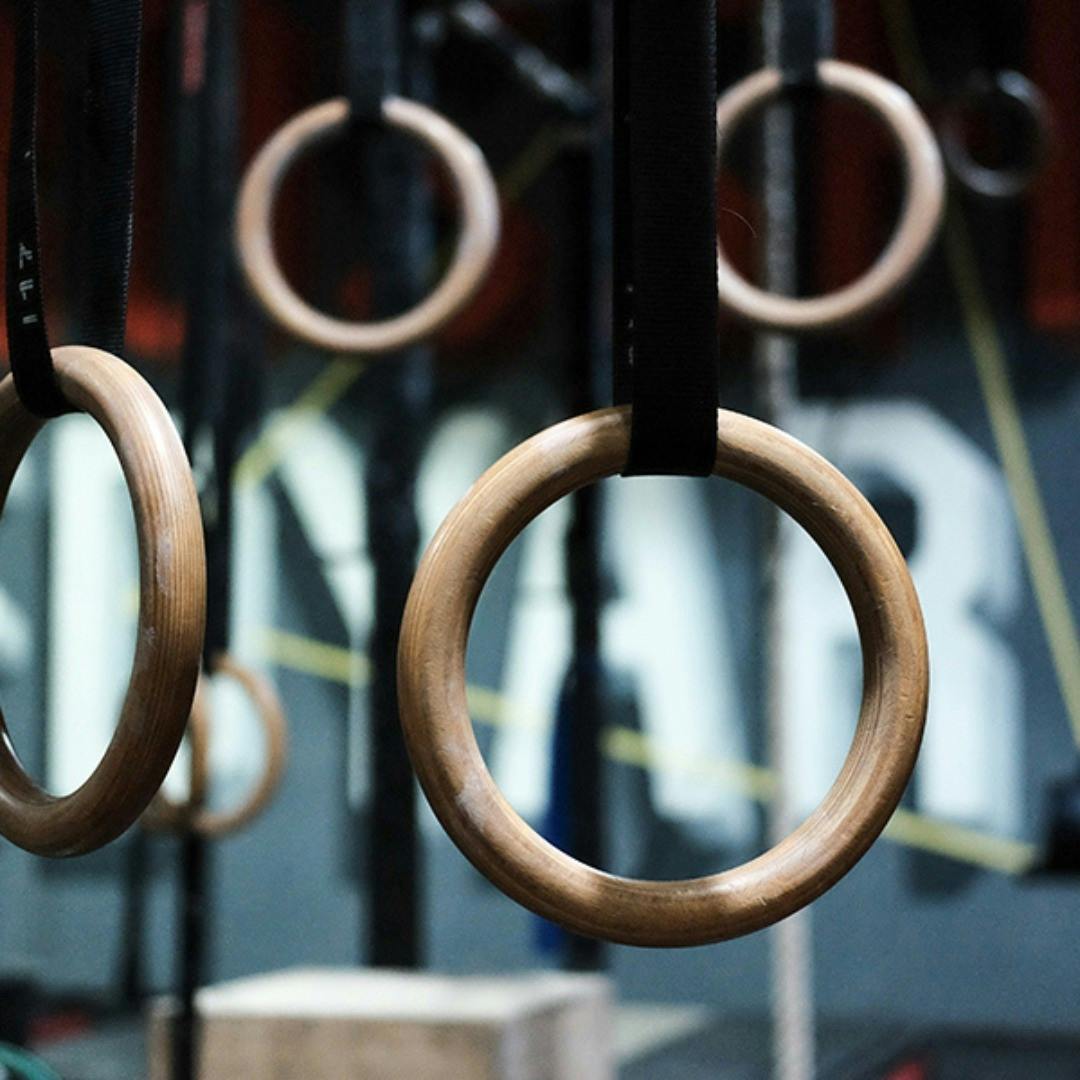What is Strength?
Physical strength is a measure of an individual’s ability to exert force against resistance. It is an essential element of overall health and wellness, as it helps improve balance, coordination, and endurance. Being physically strong also increases confidence and self-esteem. It can even help with daily tasks such as carrying grocery bags or walking up a flight of stairs. Furthermore, physical strength can improve performance in sports and other recreational activities.
Why Would I Want to Get Stronger?
The benefits of physical strength are plentiful, and include improved fitness, greater energy, improved mental health, reduced risk of injury, and improved posture. Being physically strong can also help to improve overall physical health, allowing for better overall strength and endurance. Additionally, having physical strength can help to improve sports performance, allowing for increased power, speed, and agility. Finally, having physical strength can help to reduce the risk of many chronic diseases, such as heart disease, diabetes, and obesity.
What types are strength are there?
Cardiovascular strength, or aerobic fitness, is the ability of the body to deliver oxygen and nutrients to tissues and to remove waste products. This is achieved through activities like running, biking, swimming, and other exercises that raise and maintain heart rate. Cardiovascular fitness is important for the overall health of the body, as it can help reduce the risk of chronic illnesses like heart disease, stroke, and diabetes. Additionally, it can help improve stamina during physical activity and reduce fatigue.
Muscular strength refers to the ability of a muscle or muscle group to exert a force against resistance. This type of strength is important in daily activities and sports, as it helps increase physical power, speed, and endurance. Muscular strength is built through repetition of exercises that target specific muscle groups. These exercises vary in difficulty, intensity, and frequency and can be tailored to any individual's needs. Examples of strength-building exercises include push-ups, squats, and lunges.
Core strength is the strength of the muscles in your abdomen and back, which are the foundation for all physical activities. These muscles, which include the rectus abdominis, the transverse abdominis, the obliques, and the erector spinae, help support your spine and torso, providing stability and balance during movement. To build core strength, perform exercises that target the core muscles such as planks, crunches, and side bends. These exercises can be done as part of a larger workout routine or as a stand-alone core strengthening program. Additionally, Pilates and yoga are excellent sources of core strengthening exercises.
How do I get stronger.
Progressive overload is a principle used to help increase strength. It involves gradually increasing the intensity, frequency, and/or duration of a workout, while maintaining good form and technique. This principle is based on the idea that the body needs to be challenged to see results. For example, a person might start off with light weights, and then gradually increase the weight over time as their strength increases. They can also increase the number of sets and reps, and even the duration of their workouts. By gradually increasing the intensity of their workouts, the body will be forced to adapt and become stronger. With progressive overload, the key is to increase the intensity gradually and consistently to see results.
The most effective way to get stronger physically is to engage in a combination of cardiovascular exercises, strength training exercises, and core exercises. Cardiovascular exercises, such as running, biking, or swimming, help to build endurance, improve heart health, and burn calories. Strength training exercises, such as weightlifting, help to build muscle, increase strength, and improve overall health. Core exercises, such as planks and sit-ups, help to develop core strength, which is important for balance, posture, and overall physical health. All of these exercises are important for developing physical strength and should be part of any physical strength training program.
Is it possible to work out too much?
Over training is a serious issue that can prevent a person from getting stronger and can cause reduced performance. Over training occurs when a person puts too much strain on their body without adequate time for recovery. This can cause fatigue, muscle soreness, and a decrease in motivation. It can also cause a decrease in performance levels, as the body is unable to keep up with the demands. To prevent over training, it is important to have a balanced exercise regimen that includes adequate rest between workouts, as well as proper nutrition and hydration. Additionally, it is important to listen to the body's warning signs and take breaks when needed.
A person can determine if they are overtraining or not recovering well enough between workouts by assessing their physical and mental state. If they are feeling fatigued, having a hard time focusing, or have a diminished appetite, these can be signs of overtraining. Additionally, if their performance during workouts is declining, or they are not seeing the desired results despite increasing their training volume, these can also be indicators of overtraining. To prevent overtraining and ensure adequate recovery, it is important to listen to your body and make sure to give it the rest it needs. Taking rest days, engaging in active recovery, and getting enough sleep are all important components of a balanced training program.
If a person is in a state of overtraining, it can be easier to improve recovery than to reduce the volume of training. Overreaching, which is a precursor to overtraining, is an accumulation of fatigue that can result from high intensity or high volume of training, and can lead to impaired performance. Recovery strategies such as proper nutrition, adequate sleep, and active recovery can help reduce the effects of fatigue and promote a faster recovery. While reducing the volume of training can be beneficial in the short term, it may not be the most effective way to improve recovery in the long run. Instead, it is important to focus on strategies that will help restore energy levels and improve performance in the long term.
How can I improve my recovery so that I can train more?
Rest and recovery are essential components of getting stronger. Without rest and adequate recovery, the body is unable to properly repair itself and rebuild muscle. Rest and recovery allow the body to absorb the work done during exercise, giving it the time it needs to repair and rebuild. Additionally, rest and recovery can help to reduce the risk of injury and allow for more intense and effective workouts. Proper recovery also helps to ensure that the body can perform at its peak level, allowing for greater gains in strength, power, and endurance.
To improve recovery between workouts, it is important to get enough rest and manage stress. Adequate sleep is essential to enable the body to repair and rebuild muscle tissue. Additionally, managing stress levels can help to reduce muscle soreness and improve the body’s ability to recover from intense physical activity. Additionally, proper nutrition and hydration are important for recovery. Eating a balanced diet with adequate amounts of protein, carbohydrates, and healthy fats can supply the body with the nutrients it needs for recovery. Additionally, staying hydrated by drinking plenty of water throughout the day can help to replenish electrolytes and reduce fatigue. Finally, light stretching, and foam rolling can help to reduce soreness and improve mobility.
Sleep is essential for getting the most out of your workouts. When you are well-rested, you are able to exercise harder and longer, and you can recover more quickly from each session. Sleep helps your body to repair the damage done during exercise, allowing your muscles to build and your body to become stronger. Additionally, sleep helps to regulate hormones, which can help to control your appetite and maximize the benefits of your exercise sessions. Without enough sleep, you are more likely to feel tired and weak during exercise, making it harder to push yourself and get the most out of your workout. Therefore, getting enough sleep is essential to allowing yourself to exercise harder and get the most out of each session.
Stress management is an important part of physical fitness. When we are stressed, our bodies produce hormones that can make it difficult to exercise effectively and can even lead to injury. When we manage our stress levels, we are better able to focus on our exercise routine and push ourselves harder. Stress management also helps us avoid injury, as our bodies are better able to handle the physical strain of exercise when we are not overwhelmed with stress. Taking time to relax and manage our stress levels can help us get the most out of our exercise routine, and can help us stay healthy and fit.
Conclusion
It takes dedication, hard work, and a commitment to healthy eating and exercise to get physically stronger. With the right combination of strength training exercises, core exercises, cardiovascular exercises, and a balanced diet, anyone can reap the benefits of increased physical strength. The benefits of physical strength include improved overall health, increased energy, improved endurance, and better posture. With a little bit of effort and dedication, anyone can become stronger and enjoy all the benefits that come with it.











